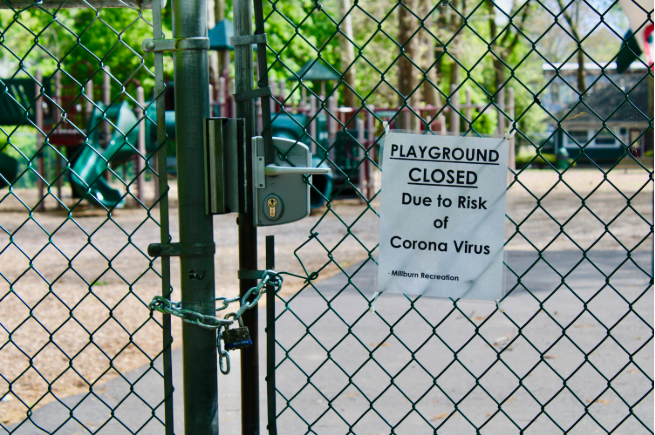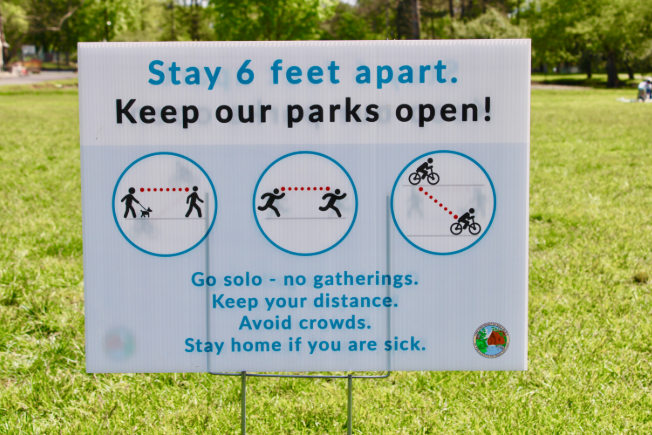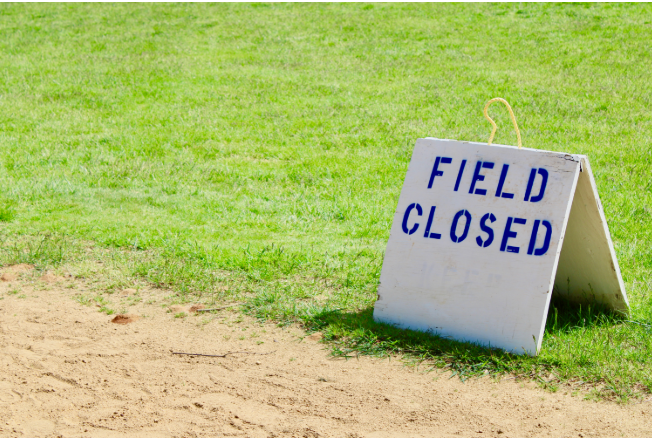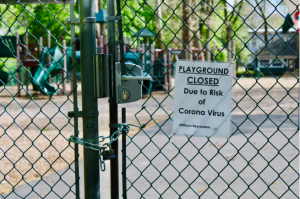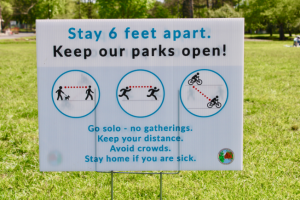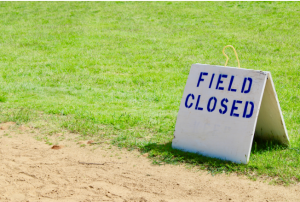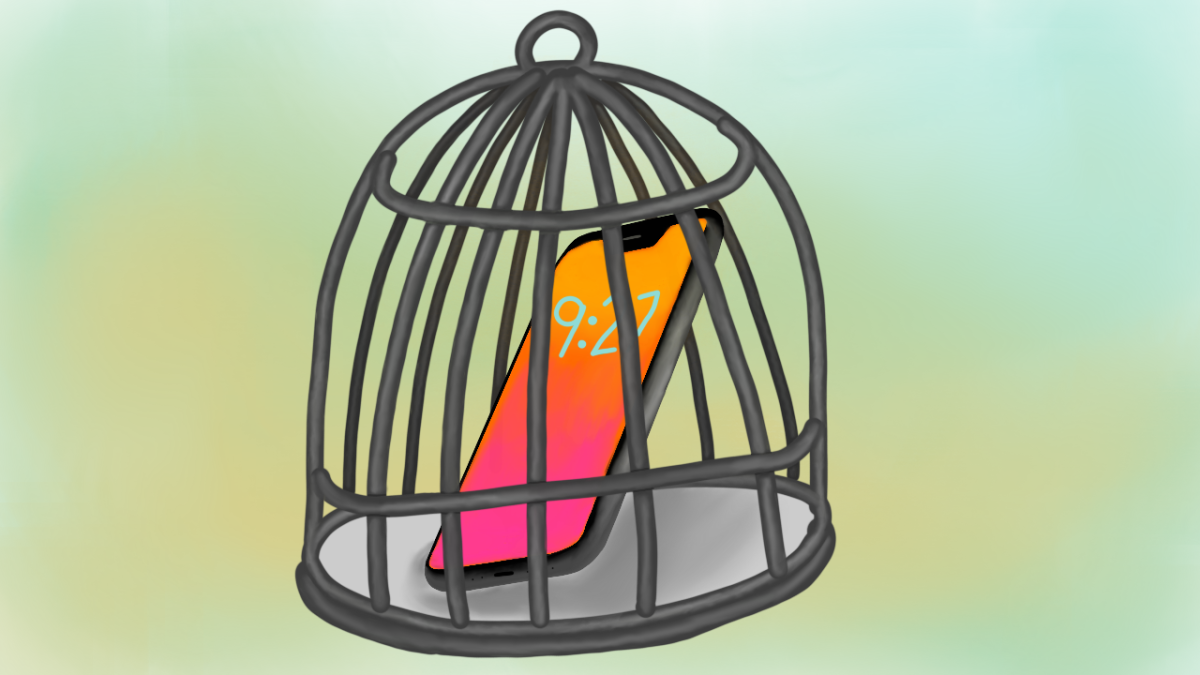COVID-19: The Environmental Impact
June 2, 2020
Lately, the streets of New York City are empty, greenhouse gas levels are down all over the world, and nature seems to be healing itself. The current global crisis has altered the lives of so many people. People’s typical day-to-day habits have been redefined, and for most, daily life has become a lot more difficult.
As a result of the shelter-in-place orders during the coronavirus pandemic, people are only allowed to go out for what have been deemed necessary reasons (like grocery shopping). While the environmental crisis had already been a prominent topic of discussion in the world for many years, according to Lauri Myllyvirta at the Center of Research on Energy and Clean Air in an article from The Guardian, the reductions in coal and crude oil led to a 25% drop in carbon dioxide compared to the previous year. Before the pandemic began, environmentalists were extremely worried with many saying that the earth was about to hit the tipping point with the environment, leaving very little time to save the icecaps, rainforests, and the oceans before it is too late. But now, with the sudden stop of typical daily routines around the world, there may be some time to change our habits and focus on helping the environment heal.
Although the atmosphere is thriving due to the drastic reduction of carbon dioxide emissions brought on by social distancing, there are also harmful habits people have reverted back to due to the pandemic that have hurt specific habitats. There has been an increase in the amounts of plastics being disposed in landfills and into the oceans due to the increase in single-use items for sanitary purposes. Many grocery stores have also reverted back to using plastic bags and one-time use, while take-out plastics have also risen.
Although the pandemic is ongoing and damage to the environment has reached a relative plateau, there is much-needed work to sustain the environment in the long run. “You wonder if people will want to go back to what it was like before,” said Gina McCarthy, former head of the US Environmental Protection Agency in an article from The Guardian. “The pandemic has shown people will change their behavior if it’s for the health of their families. This has been the lost message on climate, that it’s a human problem, not a planetary problem. We have to show you can have a stable environment and your job, too.” In addition, it is extremely plausible that when the lockdown is over and people get back to their daily routines, the environment will quickly revert to the time right before the tipping point. This environmental crisis is critical. If the Earth is struggling with the habits of humans, humans will suffer as well.



